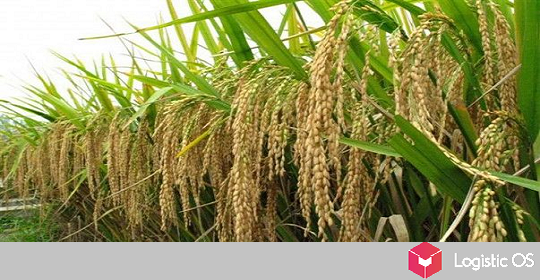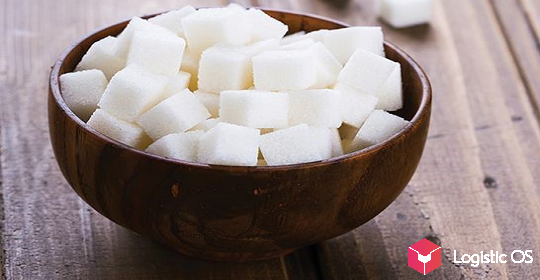According to the latest data, at least one autonomous wheat farm is already operating in China, and autonomous rice fields are also expected to appear.
China is actively using modern technologies to ensure and strengthen the country’s food security, experts say.
In particular, today it became known that an autonomous wheat field has been created in Heilongjiang Province. It occupies about 13 thousand hectares.
The main difference of this field is that it actively uses drone observers that interact with artificial intelligence, as well as irrigation systems.
Thanks to this, data on the current state of plants is measured very quickly and accurately, which allows for timely irrigation in sufficient quantities and at the same time saves water resources. At the same time, drones are also involved in applying fertilizers and treating crops from pests.
Farming in such a modern format helps to significantly reduce human costs.
In particular, in the specified field, instead of the traditional 10 people, all the work is performed by just one operator who interacts with the system via a smartphone. This is one of the striking examples of how automation works in agriculture today, experts emphasize.
The transition to such a format not only reduces the costs of running an agribusiness, but also increases its efficiency.
For example, harvesting is now carried out not in 7 days, as it was before, but in just 4 days.
At the same time, analysts believe that this is just the beginning — in the near future, precision farming technologies that help reduce labor costs and save resources will develop at an increasingly active pace.
China’s experience in this regard could become a benchmark for many other countries that are just coming to the point of introducing new technologies into agriculture.
Despite the fact that at the moment many of these developments look fantastic, experts are confident that in the foreseeable future they will be introduced and used everywhere.
The reason is simple: those companies that will use modern technologies will be able to achieve a greater harvest with lower costs than competitors working using traditional methods.
As a result, relying on modern technologies can become a guarantee of maintaining leadership on the part of individual agricultural companies or even entire countries.

